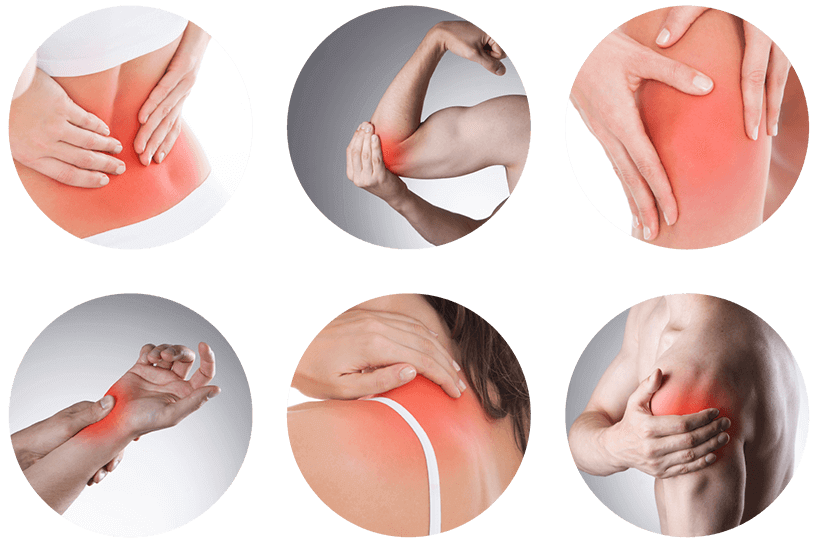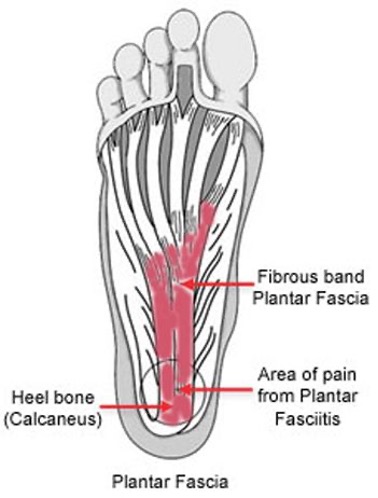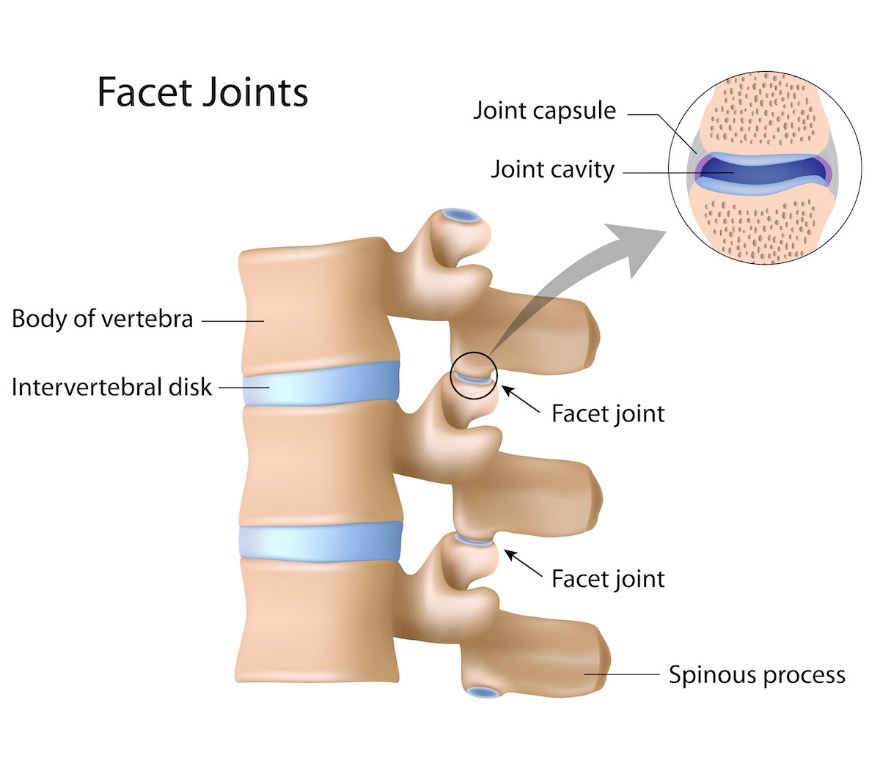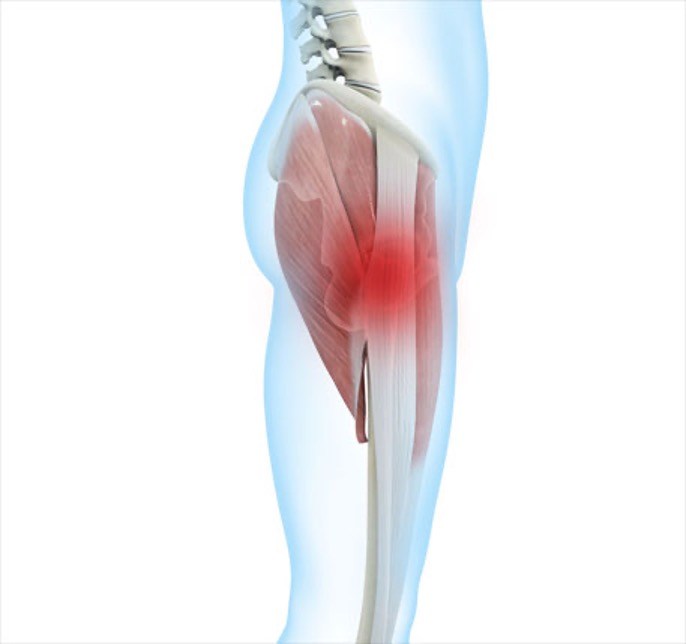What is Joint Pain?
Physical discomfort where two or more bones meet to form a joint. This ranges from mild to disabling.
Overview
Joint pain can be discomfort, pain or inflammation arising from any part of a joint — including cartilage, bone, ligaments, tendons, or muscles.
Joint pain can be mild, causing soreness only after certain activities, or it can be severe, making even limited movement, particularly bearing weight, extremely painful.
Joint Pain Causes
Joint pain is extremely common, especially as you get older. Joint pain can affect any part of your body, from your ankles and feet to your shoulders and hands.
A wide range of conditions can lead to painful joints:
- Osteoarthritis, a “wear and tear” disease, is the most common type of arthritis
- Rheumatoid arthritis is an autoimmune disorder that happens when your body attacks its own tissues
- Bursitis is when sacs of fluid that help cushion your joints get inflamed
- Gout is a form of arthritis that most often affects your big toe joint
- Strains, sprains, and other injuries
Often, the pain can come with swelling and inflammation, stiffness, and loss of range of motion.
Complications
Joint pain is rarely an emergency. Most cases of mild joint pain can be successfully managed through physiotherapy.
However, make an appointment with your doctor if your joint pain is accompanied by:
- Swelling
- Redness
- Tenderness and warmth around the joint
See a medical professional immediately if your joint pain is caused by an injury and is accompanied by:
- Joint deformity
- Inability to use the joint
- Intense pain
- Sudden swelling
Joint Pain Prevention
Here’s how to keep your joints healthy as you age:
- Stay at a healthy weight. Extra pounds put pressure on weight-bearing joints like hips and knees. Each pound you gain adds nearly four pounds of stress on your knees and puts six times the pressure on your hips.
- Control your blood sugar. High blood sugar can stiffen the tissue that supports your joints and make them more sensitive to stress.
- Exercise. Just 30 minutes of exercise five times a week helps joints stay limber and strengthens the muscles that support your knees and hips. Focus on low-impact exercises like walking, cycling, or swimming.
- Stretch. Gentle stretching can improve your range of motion and keep your joints limber. Try to work in simple stretches into every day.
- Avoid injury. An injured joint is more likely to develop arthritis than one that was never injured. Wear protective gear when playing sports and always lift with your knees and hips, not your back.
- Quit smoking. Smoking puts stress on tissues that protect your joints and can lead to arthritis pain.
- Eat fish twice a week. Eat fish high in Omega-3s, like salmon, trout, and mackerel. Omega-3s have many health benefits and may reduce inflammation.
- Get routine preventive care. Your physiotherapist will be able to suggest lifestyle changes that can help reduce your risk or slow the progress of arthritis.
Joint Pain Treatment
Can Physio help with Joint Pain?
Physiotherapists look at the whole picture, not just at the affected areas. They can also teach you breathing techniques and stress relief exercises that make it easier to cope with joint pain.
We have the skills and knowledge needed to help you overcome joint pain. We teach you a variety of techniques to improve your posture, strengthen your muscles, and fix biomechanical problems that can worsen your pain. We may recommend:
- Heat/ ice therapy to relieve muscle spasms
- Hydrotherapy to increase range of motion, ease painful spasms, and improve well-being
- Anti-gravity treadmill training
- Therapeutic exercises for increased joint strength and mobility
- Use of assistive devices and adaptive equipment
- Joint protection strategies
- Massage therapy
- Prevention methods
If you’re experiencing joint pain, come and see us! Give us a call on (08) 9203 7771 or email info@ngp.net.au and book an appointment and we’ll check itout, alleviate any concerns and give you the best possible treatment to keep the pain at bay.
Surprised that Physio can help with Joint Pain? Wondering what else we treat? Take a look at our Physiotherapy Treatments page – you may be surprised at the range of ailments that can be treated with Physio.




